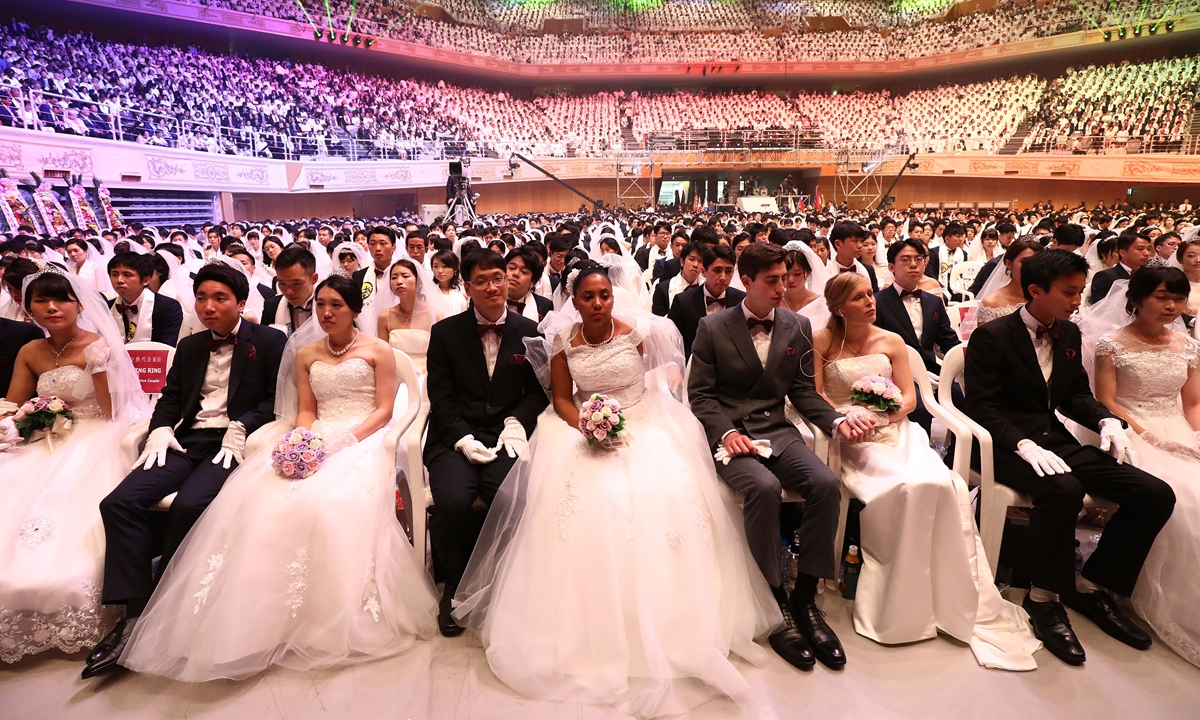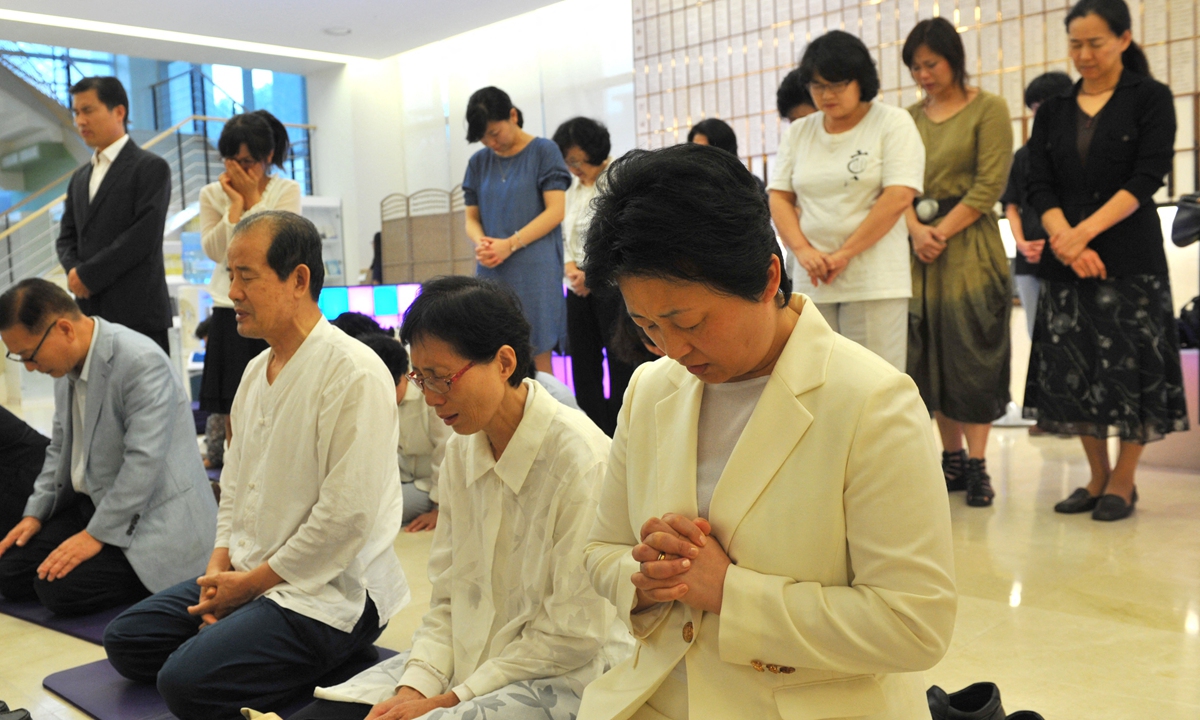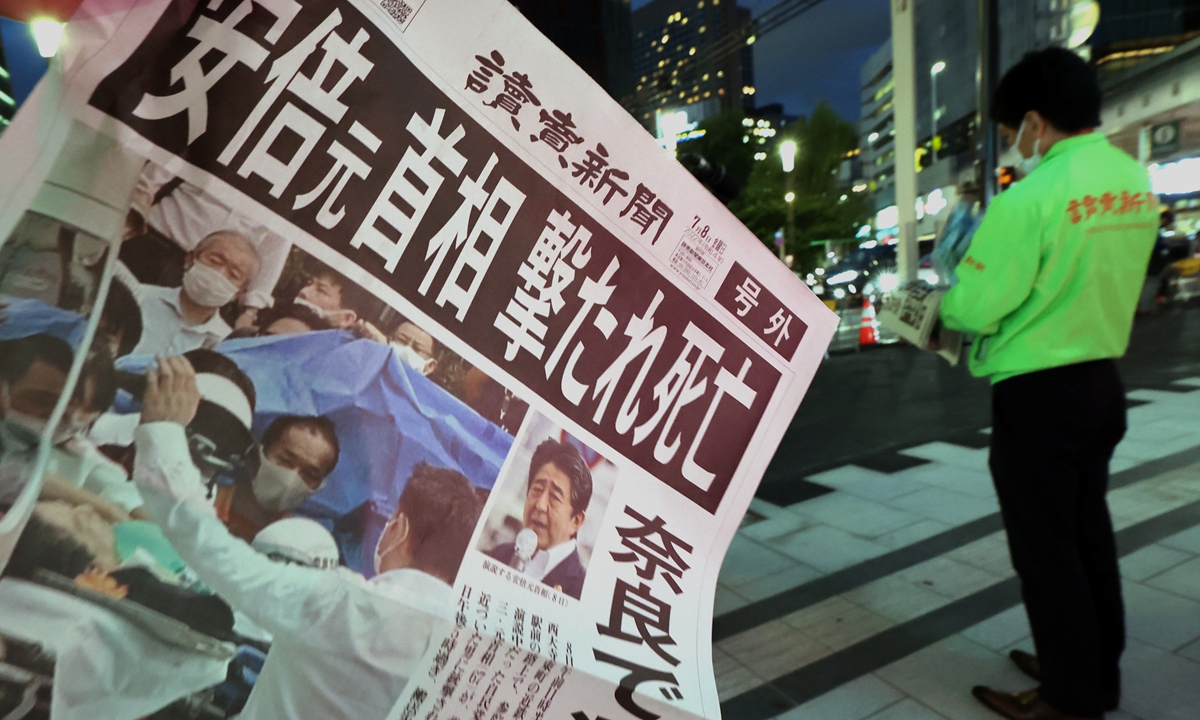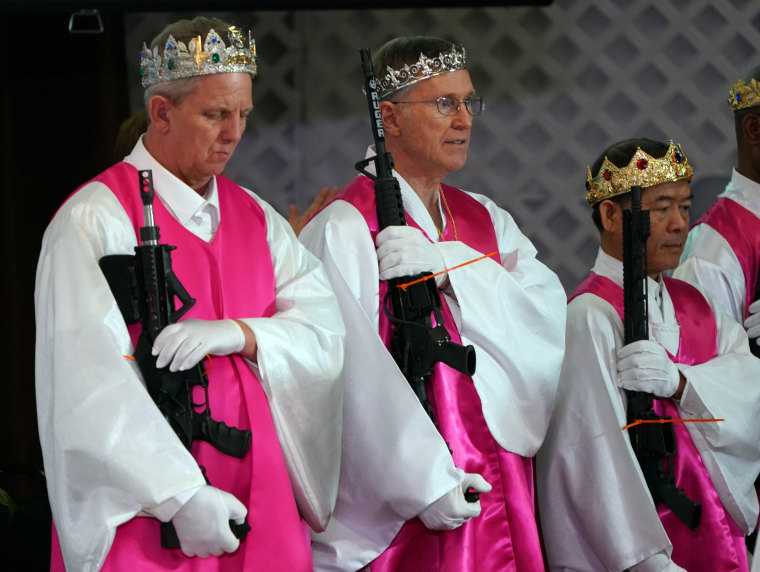Politicians-turned-bullies usually have a dismal record on ideas and achievements, and act out to have a temporary sense of superiority or confidence.
MALAYSIANS have read a lot about the many bullies in our country, mostly in schools, hostels, and workplaces, as well as online.
But what is less talked about are the political bullies and their disturbing posturing.
If there is a ranking, these bullies, who shamelessly call themselves Yang Berhormat, must be the worst.
We expect elected representatives to bring people together, to mediate disputes, advise those who erred and be charitable.
We would like them to be exemplary role models to younger citizens but many fail miserably.
Instead, they become agitators, issue warnings, are confrontational and intimidating, and, most pathetically, turn into racists as they pick and choose their targets.
All bullies have some common traits: They target people they perceive as weaker, they love to dominate, and feel a need to control others to boost their own self-worth or mask insecurity.
Bullies often target individuals who are different – by race, gender, sexuality, disability, etc.
Needless to say, they have low empathy and probably suffer from some form of psychological problem.
If we dig deeper, it wouldn’t be surprising to learn they had been victims of bullying themselves or suffer from a chronic inferiority complex.
They have difficulty understanding or caring about how others feel; such emotional detachment makes it easier for them to harm others without remorse.
As political leaders, they probably have a dismal record on ideas and achievements, thus bullying gives them a temporary sense of superiority or confidence.
To conceal their poor performance, bullies often act out to impress peers or climb the social ladder.
They may thrive on the reactions they get from an audience, especially from comments sections online.
They really don’t deserve space in the media but social media news portals, hungry for eyeballs, have given these losers generous space to shout in.
These media portals do not even bother to moderate their comments section – by right, those who post nasty, racist remarks should be hauled up to face sedition charges.
In Malaysia, playing the racial and religious cards is the fastest way to become communal heroes.
Those who do so seem to be able to attract many admirers with their aggression and impulsiveness.
They fan a racial angle with their inflammatory statements, postures, and gestures, with warnings of protests, and of course, keep the police busy with their many reports.
In the latest case, this recalcitrant politician has even given the authorities an ultimatum and a deadline to act by.
There must be no space for political bullies with their prejudices and intolerances. We shouldn’t keep silent and let such cowardly behaviour continue.
Many of us are working towards a kinder, progressive, and moderate Malaysia.
How can we recite the tenets of the Rukun Negara when political bullies blatantly disregard “achieving and fostering unity in society’’ and have no “courtesy and morality” as enshrined in the nation’s principles?
As we prepare to celebrate National Day in two weeks, there should be an air of celebration with Malaysians coming together, with reminders that we are one as Malaysians.
In my neighbourhood, I have been taken aback that my household is the only one that has hoisted the Jalur Gemilang and the Selangor flag.
The other houses are devoid of flags for reasons I cannot comprehend. Have my neighbours lost their enthusiasm – or are they afraid of putting them up wrongly?
It will be sad if we have come to a point where Malaysians – especially shopkeepers – choose not to fly the Jalur Gemilang out of fear lest they make a mistake and that mistake becomes a hot political issue.
I hope they won’t emulate my friend, analyst and columnist Prof Dr Mohd Tajuddin Mohd Rasdi, who has said he will not fly the national flag in his home and on his car this year in case of potential sabotage. He does not want it made into a political tool to incite hatred.
“We are supposed to love our flag with pride but the current reactions to those who made mistakes regarding the flag have become a political tool to attack others and incite hatred.”
Flying the Jalur Gemilang upside down is a serious matter, and getting the flag wrong, with missing stripes or points on the crescent are also offensive errors, but they are not unforgivable.
Many of these angry politicians barely squeak when it comes to more serious wrongdoings like corruption.
Why can’t these politicians just walk to these shops or places of worship and just adjust the flags correctly and explain to the people how they went wrong?
Instead, the politicians choose to be arrogant bullies in their videos to prove to their audiences that they have to teach these purported “disloyal Malaysians” a lesson.
The offenders they pick on always happen to be Chinese, and as a minority race, they become perfect targets for bullies.
Yet these self-proclaimed communal heroes quickly hide their tailcoats and do a Houdini disappearing act when their own political party members make the same error.
Can we expect the party members of these YBS to lodge police reports against their own and to insist that an apology is not sufficient?
There is also a need for the police to be seen to be fair or not react because of pressure from certain politicians. We expect our men and women in blue to be fair.
In May, two Sin Chew Daily editors found themselves handcuffed after the paper printed an incorrect illustration of the Jalur Gemilang on the cover, with the police having to call up 42 witnesses for the silly mistake.
Surely the police did not need to handcuff them, giving the perception of an overreaction.
The same month, it was reported that Terengganu PAS had to say sorry for mistakes in the national flag that was part of a logo designed for a gathering.
Around the same time, there was another blunder in an official document which contained an inaccurate depiction of the Jalur Gemilang, resulting in several senior officers of the Education Ministry’s examination board being transferred.
Last week, the same illustration gaffe was made on social media by Terengganu Youth and certainly the apology by its chairman, Tengku Haphiz Tengku Putera, is sufficient.
A viral image showing the Malaysian flag being flown upside down at a district police headquarters also resurfaced last week. The police had to explain that it was a 2016 incident and not a recent one.
The point is, even the police can make a mistake and why not, after all, the police constable responsible for raising the flag is also a human being who can err.
The national flag was, in fact, flown upside down at a National Day rehearsal in 2022 because there was an error in raising it, according to news reports.
There will be such mistakes made by Malaysians, regardless of their race or political affiliations. To err is human, to forgive is divine.
I would be more concerned with Malaysians who fly a tattered Jalur Gemilang.
My friend Anas Zubedy wrote that these errors “are not always acts of disrespect – but are often human error.
“When such incidents occur, especially involving our beloved Jalur Gemilang, our response matters.
“Do we react with anger and suspicion, or do we pause, reflect, and choose to respond with understanding and wisdom?
“This is where we must return to the very spirit of the four colours of the flag.
“Let blue guide us to unity and calm. Let white remind us to be sincere and honest in our assessment. Let red give us courage to correct with dignity, not to shame. And let yellow inspire us to act with grace and respect, as our royal traditions teach.’’
To these bully politicians and those who habitually make racist remarks, my question is: Do you even make it a point to put up the Jalur Gemilang in your homes every year?
Certainly, Malaysia and Malaysians deserve better quality leaders. These bully politicians don’t deserve our votes in the next elections.
By Wong Chun WAI national Journalism Laureate datuk Seri Wong Chun Wai is the chairman of Bernama. The views expressed here are solely the writer’s own.
Malaysian flag hoisted upside down heats up debate ahead of national day celebrations
The upside-down flag incident at a Penang hardware shop caused a rift between the Malay and Chinese communities ahead of Malaysia's National Day celebrations on Aug 31.
PHOTO: SCREENGRAB FROM NAZIRUL HAFIZ/FACEBOOK
KUALA LUMPUR – Socks with the word “Allah” printed on them, “ham” sandwiches and now Malaysian flags displayed upside down – Umno Youth chief Akmal Saleh does not seem to run out of controversies to stoke tensions.
This time, he has threatened to “educate” a Chinese hardware shopkeeper in Penang on how to properly hoist the national flag, after the latter flew it upside down outside his shop on Aug 9.
“If there are no charges on this individual by Wednesday, then God willing on Thursday I will go, and we will give a class to educate this Ah Pek on how to properly hoist the flag,” he said in a Facebook video on Aug 11.
This was the second reported incident of the national flag being improperly displayed, following a case at a Chinese primary school in Negeri Sembilan on Aug 1.
The Penang shopkeeper, Mr Pang Chin Tian, 59, was arrested on Aug 9 after more than 15 police reports were made against him. He had earlier apologised to the public, saying he did not realise the flag was upside down.
“Every year, I will hoist the flag on the long pole on my shop since its opening 11 years ago. This is to show my patriotism,” he was quoted as saying in Malaysia’s Chinese-language daily China Press after his release on Aug 12.
The controversy, just ahead of Malaysia’s national day on Aug 31, has created a divide yet again between Malaysia’s two biggest ethnic groups.
The affair was featured prominently on the front page of the country’s largest Chinese newspaper, Sinchew Daily, on Aug 11, while the largest Malay daily, Sinar Harian, has been focusing on the death of a 13-year-old student in Sabah, a suspected victim of bullying in school.
Datuk Akmal is no stranger to controversy.
In March 2024, he led calls to boycott the popular KK Super Mart chain after a pair of socks was found to have the word “Allah” in Arabic printed on them . The issue sparked widespread debate, with responses from political and religious figures.
The Umno Youth chief again stoked tensions in January, drawing angry responses and calls for boycotts against KK Super Mart, after its outlet in Universiti Malaya was found to have sold a “ham” and cheese sandwich with a fake halal label.
The “ham” turned out to be chicken meat, but the authorities confirmed that the halal label was used without a proper permit.
The flag blunders created the feeling among some in the Malay community that the national flag, widely called the Jalur Gemilang – Stripes of Glory – was being disrespected.
For Mr Shahriful Saiful, 26, who flies the flag every year on national day, what took place was unacceptable and warranted stern action.
“We’ve learnt the basics of hoisting the flag since our school days. The top edge of the flag is sewn, so it’s clear how to fly it correctly. If the flag is flown upside down, it has to be intentional,” the private sector employee told The Straits Times.
Professor Kartini Aboo Talib believes the incidents should be taken seriously by the authorities to prevent their recurrence.
“I think the issue runs deeper and reveals the level of knowledge, experience and appreciation of Bahasa Melayu, patriotism and nation-building, which are still lacking in daily activities by most non-Malay communities,” the deputy director of Universiti Kebangsaan Malaysia’s Institute of Ethnic Studies told ST.
The view of the Chinese community is that the errors made do not merit threats from Dr Akmal, who is also a state lawmaker from Melaka. He has said that Umno will protest in front of the Penang shop should the shopkeeper not be charged in court soon.
In response, Mr Anthony Loke, secretary-general of the Democratic Action Party (DAP) – the biggest party in Malaysia’s governing coalition – said on Aug 12 that the party “strongly condemns certain quarters for openly pressuring the Attorney-General’s Office to charge a shopkeeper in Penang for his mistake while hoisting the Jalur Gemilang outside his shop”.
Rejecting the “openly bullying tactics”, he said DAP is sponsoring a giant national flag to be hung outside the Penang shop and the distribution of 831 free flags – the number chosen to signify Malaysia’s national day on Aug 31.
To alleviate the anxiety among Chinese Malaysians, Deputy Finance Minister and DAP member Lim Hui Ying on Aug 10 encouraged the public to fly the flag without any fear of making mistakes.
But her efforts in distributing the Malaysian flag in her constituency were less successful. Some members of the public refused to accept the flag. A similar flag distribution by the DAP in a market in Negeri Sembilan got a cold reception.
Mr Lee Hwa Beng, a former assemblyman for the Malaysian Chinese Association, said he would not hoist the Jalur Gemilang though he had been doing so for the past two decades.
“I fear being called up for whatever reason, like (the flag is) too old or dirty due to exposure, or the wind may blow the flag upside down... So I won’t put (it) up this year not because (I am) unpatriotic, but (because I) fear being charged,” Datuk Lee said in a post on X on Aug 10.
His post had garnered more than 230,000 views as at the evening of Aug 12.
Political analyst Phoon Wing Keong said that Umno’s aggressive approach could undermine Malaysians’ emotional connection to the nation.
“Patriotism should be rooted in a citizen’s genuine affinity for the country. If the upside-down flag incident is excessively politicised, especially when it’s unintentional, it may erode national unity and dampen public enthusiasm,” the head of the Huayan Policy Institute, a Chinese Malaysian community think-tank, told ST.




 Thousands of couples attend a mass wedding held by the Unification
Church on August 27, 2018 in Gapyeong, South Korea. Photo: VCG
Thousands of couples attend a mass wedding held by the Unification
Church on August 27, 2018 in Gapyeong, South Korea. Photo: VCG 



